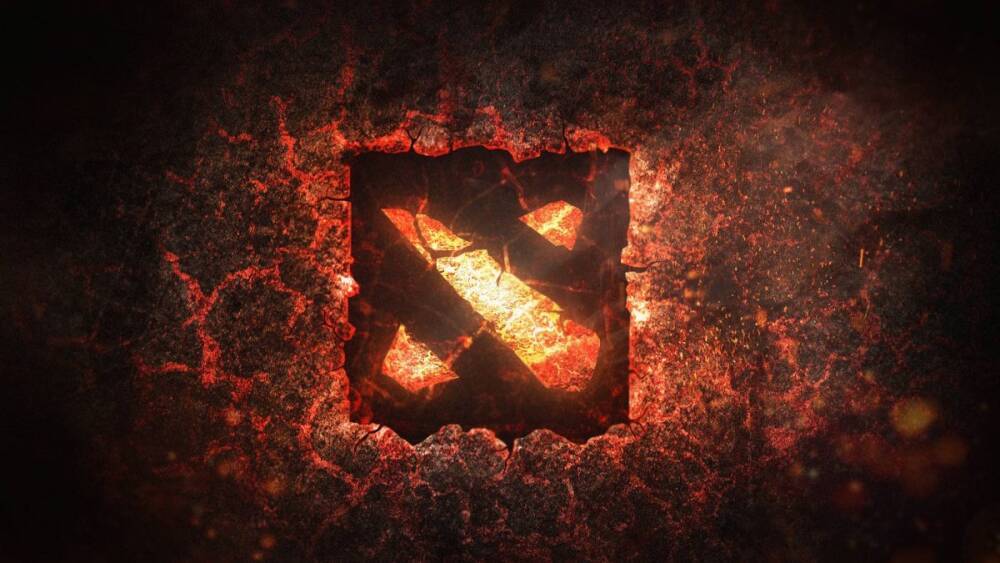Introduction
Dota 2 is a complex and competitive online multiplayer game, known for its intricate gameplay and fiercely competitive player base. In this environment, one’s matchmaking rating (MMR) is considered a badge of honor, a testament to their skill and prowess in the game. But, as the quest for higher MMR becomes increasingly important to many players, a shadowy corner of the gaming world has emerged – MMR boosting providers.
MMR boosting providers offer a service to Dota 2 players who are looking to improve their MMR, either to prove their skill, get better matchmaking games, or simply to show off. This article delves into the world of Dota 2 MMR boosting provider, shedding light on their operations, the implications for the gaming community, and the ethical concerns surrounding this practice.
What Is MMR Boosting?
Before we dive into the world of MMR boosting providers, let’s understand what MMR boosting is. Matchmaking Rating (MMR) is a numerical value assigned to each Dota 2 player that represents their skill level. The higher your MMR, the more skilled the system considers you to be. MMR boosting is a service where a player hires someone else, often a more experienced player, to play on their account to increase their MMR. This can be done in various ways, such as solo boosting or duo boosting, and it aims to help players achieve a higher rank without actually improving their skills.
The MMR Boosting Business
The MMR boosting industry has grown alongside the increasing popularity of Dota 2. There are numerous providers and websites that offer MMR boosting services. These providers typically have experienced players who offer to play on a client’s account and raise their MMR for a fee. Clients may pay for a certain number of MMR points or an MMR range, and the booster plays games until the goal is achieved.
Implications for the Gaming Community
While some players may see MMR boosting as a quick solution to reach a higher rank, it has several implications for the Dota 2 gaming community:
Unfair competition: When players hire boosters to artificially inflate their MMR, they create a mismatch in matchmaking. This leads to games that are imbalanced and unfair, as boosted players may lack the skills and game knowledge expected at their MMR.
Frustration among honest players: Legitimate players who work hard to improve their skills may become disheartened when they encounter boosted accounts in their games. This can lead to frustration and a decline in the overall gaming experience.
Ethical concerns: MMR boosting raises ethical questions, as it essentially involves account sharing, which is often against the terms of service of the game. It can also compromise account security and lead to players losing control of their accounts.
The devaluation of skill: MMR is meant to reflect a player’s skill level accurately. MMR boosting artificially inflates this rating and erodes the value of the ranking system.
Ethical Concerns
MMR boosting providers operate in a legal gray area, often violating the terms of service of Dota 2. Account sharing and the practice of having someone else play on your account can result in penalties, including the suspension or banning of accounts. Players who use MMR boosting services may face account security risks, financial losses, and negative consequences from the gaming community.
Moreover, there are ethical concerns surrounding the practice. Boosting devalues the achievements of players who reach high MMR through their own efforts and skill. It disrupts the integrity of the game and undermines the competitive aspect of Dota 2.
Conclusion
MMR boosting providers may offer an enticing shortcut to a higher ranking in Dota 2, but they come with numerous ethical, practical, and social implications. The practice disrupts fair matchmaking, frustrates legitimate players, and devalues the concept of skill and improvement. As a responsible gamer, it’s essential to consider the consequences of MMR boosting and choose to improve your skills through dedication and practice rather than opting for a quick but unethical fix. The integrity of Dota 2 and its competitive community relies on the principles of fair play and genuine achievement.






